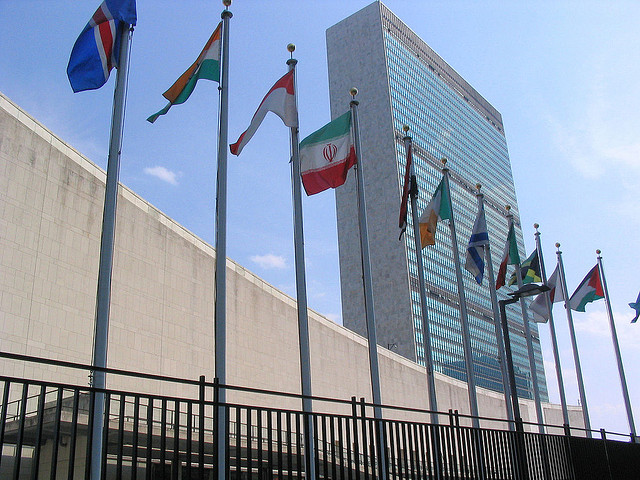In the past week, two senior U.S. officials, FCC Commissioner Ajit Pai and
Republican Rep. Greg Walden (Ore.) were quoted as saying the United States should pull funding from the International Telecommunication Union (ITU), at least as a last resort, if the U.N. telecommunications body persists in its attempts to regulate the Internet.
What’s the ITU? Why do people want to defund it? And what would it take to do so? Read on to find out.
What’s the ITU?
The ITU was founded in 1865 as the International Telegraph Union, an organization that coordinated European telegraph standards. Over time it added telephone and radio standards to its remit, and in 1947 it became a specialized agency of the newly formed United Nations.
Today, the ITU continues to facilitate various treaties on international telecom issues. For example, countries that still have national telecom monopolies charge for international phone calls according to the terms of an ITU treaty. The organization also develops technical standards and provides a modicum of expertise to governments that seek it.
Why do some people in the United States want to defund it?
For years, governments unhappy with their limited influence over the governance of the Internet have gone to the ITU to air their grievances and seek relief. They have proposed to make the ITU the preeminent standards-setting and governance body for the Internet, pushing aside the non-governmental Internet Engineering Task Force (IETF) for standards and Internet Corporation for Assigned Names and Numbers (ICANN) for governing the Internet’s domain name system. These changes would enable governments to have greater control over content on their “national Internet segments,” as well as the ability to charge high rates for international Internet traffic, just as they do for telephone traffic.Read more.. Adapted from washingtonpost.com




